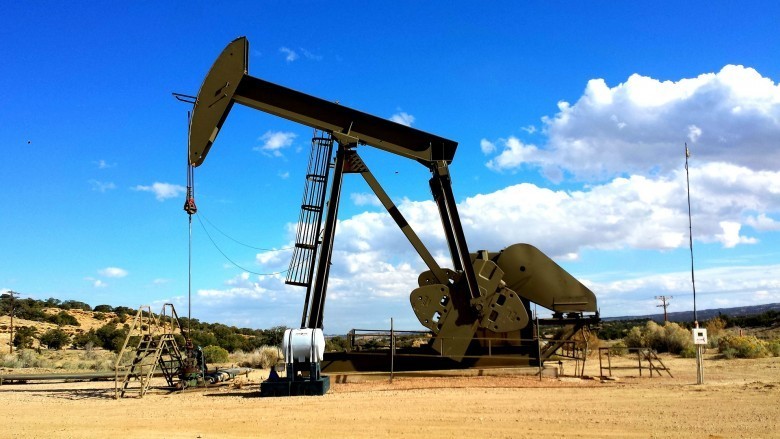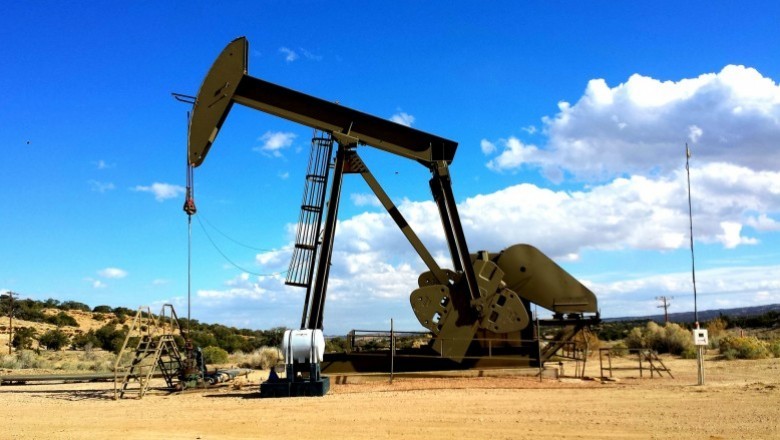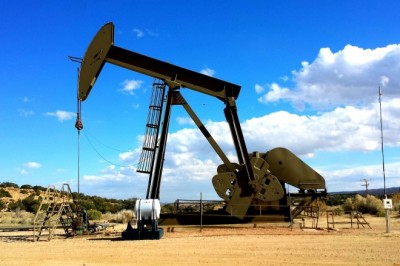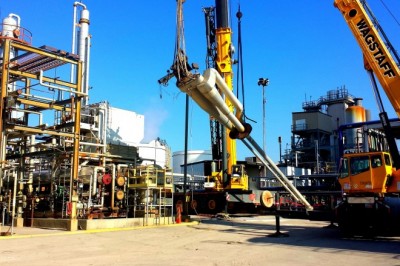
Offshore Oil Rig Jobs and Employment
If you are interested in entering the oil industry then you need to be sure you have got what it takes to apply for these positions. There are a few aspects that need to be taken into consideration when you are thinking about joining this industry. If you have had little or no previous experience then you will need to work at an entry level job and work up. The easiest way to improve your chances are to work for an onshore oil rig company first or complete a Fire-fighter or basic offshore survival certificate.
This training is not required but may increase your chances of getting the job you want. When you work at an onshore company you will be trained to use the equipment safely and learn how to oil rigs work. Onboard there will be classroom-based training as well as practical training. Over time you will be given the chance to move forward and apply for work that is more demanding and better paid.
Starting off at an entry-level job you can expect a salary of US 50,000 a year and upwards. This amount may vary depending on your contract with the Oil Company. Do not be put off if you may think you are too old. There are many people who work on an oilrig will into there 60s! Provided you are in good health, physically able and pass the required medical certificate you are an ideal candidate for the oil rig industry.
To be successful in obtaining work, be sure you are physically strong and able, as this work can be very demanding. If you know someone who works within the industry, ask them to put a word in for you as the company is more likely to hire someone who has a good reference from someone who already works there. If you need to begin at the bottom and work your way up, then you will probably work as a roustabout or roughneck.
When you apply for these jobs, be sure to mention any previous experience you may have had to anything relating to oil industry work. This could include trade experiences. If the company considers you a good worker and competent, they may then offer you another job that is more difficult and demanding.
Salaries start of at US 50,000 a year or US $300 a day and work up to US 100,000 a year. If you want to work overseas then you can earn up US 220,000. Living offshore may be hard the first time but over time as you adjust you will be more comfortable.
There are a few general guidelines to living offshore: You may be required to work a nightshift, as an oilrig is a 24-hour operation. Be sure to not upset the chef, medic or radio operator, as you may need medical attention, food and helicopters. When you have your meal, take off your work outfit and eat in the galley.
When you submit your CV to oil companies, make sure your CV stands out from the rest. You can do this by using coloured paper and strong font. Make sure there are no spelling mistakes, as this may not seem to important at least they know you have taken time to prepare a good CV. Ensure the writing is easy to read and if you can type it out on a computer and print it out. Include a cover letter stating exactly what you hope to obtain.
There are safety issues to consider when working in the oil industry. When you arrive on an oil rig you will be issued with a hard hat and work goggles. These are usually required to be worn when working around dangerous areas.
There are a few general guidelines to living offshore: You may be required to work a nightshift, as an oilrig is a 24-hour operation. Be sure to not upset the chef, medic or radio operator, as you may need medical attention, food and helicopters. When you have your meal, take off your work outfit and eat in the galley.
http://www.oil-industry-jobs.com



























